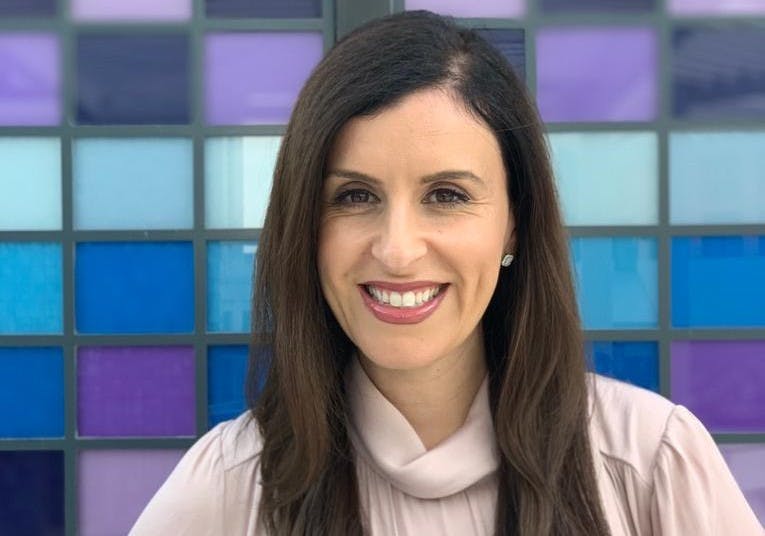Published: 12 November 2017
Last updated: 4 March 2024
I lived in Israel for most of last year, and almost solely through my encounters with Israeli Arabs and Palestinian Arabs was I able to appreciate not just the conflict and its history, but also the emotions behind it.
The myriad cultural, ethnic, religious and historical factors that shroud the conflict in its complexity will never be understood unless the individual narratives of both sides are held up, shared and celebrated.
While it is not surprising that Arab citizens of the State of Israel have been scapegoated yet again by Israeli institutions, it is nonetheless deplorable that the decision has been made to prevent Birthright participants from interacting with Israeli citizens in order to maintain the status quo of the State.
It is no wonder to us who are active in the coexistence movement that some view the prospect of peace as unattainable or unrealistic when the national institutions of Israel seek to actively ignore its Arab citizens.
And of course, imagine the situation if the roles were reversed. What if a Jewish minority living in a divided, Arab-majority country was told that their stories coincidentally aligned with "a need for further analysis of this module,” as Birthright said in a statement?
The Australian perspective on this is also prudent: it would be unthinkable to ban school groups from interacting with Indigenous people or other ethnic minorities.
This decision speaks volumes about the nature of Israeli democracy - or lack thereof. With actions like these routinely trying to silence different national narratives and to promote a unilateral perception of the state, it is getting harder and harder for Zionist values to align with Israel’s questionable democratic values, especially within the context of the conflict.
It is not enough for Birthright to organise meetings with “good pro-Israel Arabs”, a phrase used in a recent Haaretz article, because in Israel there is no right answer when it comes to resolving tensions, only different stories that need to be accepted by everyone in order for true coexistence to flourish.
From our positions in the diaspora, what are we saying to our Jewish and Zionist youth about the vision for a harmonious state for the Jews if state-sanctioned segregation between Jews and Arabs on Birthright trips is acceptable?
The Australian perspective on this, beyond the Jewish, is also prudent: it would be unthinkable to ban school groups from interacting with Indigenous people or other ethnic minorities. We must extend our values of respect, compassion and empathy from our home down under to the other side of the world., and continue to seek dialogues with those outside our various circles of belonging. Only by doing so, will lasting, positive change be possible.
READ MANDI KATZ: Birthright: Youth deserve to be given a nuance of Israel’s complex reality




